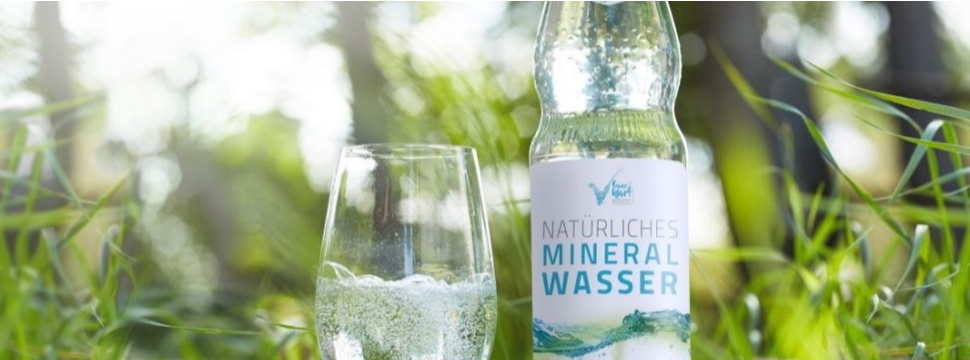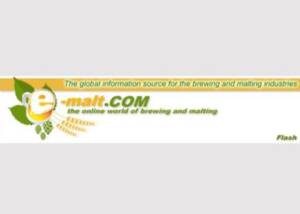Top quality rating for the most popular thirst quencher from nature
News General news
Trink!: Stiftung Warentest awards top marks to natural mineral water

With an annual per capita consumption of 129.5 litres, natural mineral water is the most popular thirst quencher in Germany. Consumers can always rely on the top quality of this natural product. Stiftung Warentest makes this clear with the test results of 29 medium mineral waters (test 07/2023). 26 out of 29 mineral waters are awarded the quality rating "very good" (8) and "good" (18). According to Stiftung Warentest, natural mineral water thus meets the high expectations for taste, naturalness and health. The natural product also reliably complies with the legal quality specifications of the Mineral and Table Water Ordinance (MTVO).
"Stiftung Warentest awards natural mineral water in Germany with the best marks and confirms with the current test result the excellent quality of the natural product without exception," says Jürgen Reichle, Managing Director of the Verband Deutscher Mineralbrunnen (VDM). "The independent test verdict proves that consumers can rely on the natural purity, consistent composition and unique taste of the natural product at all times and without reservation." All tested mineral waters medium are hygienically flawless and comply with the strict regulations and limits of the MTVO without exception.
Mineral water is of great importance for the healthy nutrition and daily supply of people in Germany. They drink at least 0.35 litres of mineral water per day and thus cover almost 25 percent of their daily fluid requirements. Mineral water is also an important supplier of natural minerals and trace elements. Consumers in Germany can choose from more than 500 mineral waters from different regions. The label indicates the characteristic composition of minerals and trace elements as well as the suitability as baby food. Compared to drinking water from the tap, mineral water in Germany has on average two to four times the calcium and magnesium content.
The 150 or so mineral springs in Germany handle the mineral water sources sustainably and responsibly in order to protect the valuable water resources from contamination at all costs and to preserve them for future generations. Mineral wells do not extract more from the groundwater than corresponds to the natural supply. These are the basic principles of the abstraction permits issued under water law, which take into account the individual case and the climatic and hydrogeological conditions at the respective well site. The protection of the springs is closely monitored. Mineral springs continuously monitor the quality and quantity of the springs. Mineral springs in Germany are among the smallest water users with a share of only 0.17 percent of the total water withdrawal of all water users in Germany.
All types of containers have their specific advantages in terms of sustainability and usability and are demanded by consumers according to the respective consumption situation - whether for on-the-go, leisure, sport or travel. German mineral springs are pioneers of a sustainable circular economy. With the exemplary reusable and closed-loop systems for beverage packaging, return rates of almost 100 per cent are realised with very high reuse and recycling rates at the same time. Reusable bottles are reused up to 50 times and one-way bottles are recycled almost 100 per cent. This is why Stiftung Warentest recommends using regional mineral waters for the sake of sustainability and a good ecological balance.










